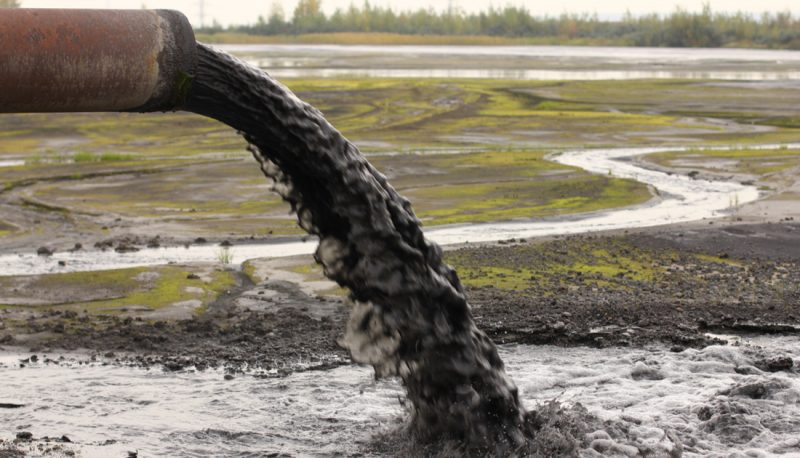Judge Beth Robinson, nominated by President Biden to the Second Circuit court of appeals, wrote a unanimous opinion that reversed a lower court and ruled that an environmental trust’s case against numerous corporations to help pay for the costs of environmental cleanup near Syracuse New York can go forward. The February 2024 decision was Revitalizing Auto Communities Environmental Response Trust (“RACER”) v. National Grid USA.
What is the background of this case?
After General Motors went bankrupt in 2009, the RACER trust was formed to “fund and continue GM’s environmental remediation activities at former GM properties nationwide.” One of those properties was a GM plant near Syracuse, New York. Manufacturing activities at the plant caused discharge of harmful chemical pollutants, including PCBs, to enter Ley Creek near Onondoga Lake.
In addition to funding GM’s share of cleanup cost, RACER sought cleanup cost contribution from “dozens” of other corporations and plants that evidence indicates also helped cause pollution in the Ley Creek area. RACER filed suit in federal court under the Comprehensive Environmental Response Compensation and Liability Act (CERCLA), a federal law set up to help parties “seek contribution” from other companies “potentially responsible” in part for the pollution.
The lower court, however, dismissed RACER’s case as a matter of law. It held that a 2011 settlement agreement completely resolved RACER’s liability “as to the area in question” and that RACER could not seek contribution from other companies. RACER appealed to the Second Circuit.
How Did Judge Robinson and the Second Circuit Rule and Why Is It Important?
Judge Robinson wrote a unanimous decision that vacated the lower court ruling and sent the case back so that RACER’s claims could go forward. In a comprehensive 74-page opinion, Judge Robinson explained that CERCLA was designed to ensure that all those “responsible for any damage, environmental harm, or injury from chemical poisons bear the costs of their actions.” When one party, like RACER, has entered into a settlement agreement under CERCLA to clean up an area it has polluted, CERCLA allows it to “seek contribution from others not party” to the settlement that helped cause the pollution.
The lower court was wrong, Judge Robinson explained, in interpreting the 2011 settlement agreement as covering all pollution and related costs in the Ley Creek area. Instead, she went on, the agreement covered only pollution in the immediate area of the former GM plant. And RACER’s complaint “contains extensive allegations” that “PCBs could have reached” the expanded Ley Creek area from other sources, including the other corporate defendants’ activities. Determining that matter, Robinson stated, will be a “fact-intensive, time-intensive process” that must go forward in the district court.
Judge Robinson’s decision is obviously important to continuing the necessary environmental cleanup in the Ley Creek area. It also sets an important precedent, particularly In the Second Circuit including New York, Connecticut, and Vermont, concerning how to apply CERCLA in helping clean up damaging chemical pollution. In addition, the ruling illustrates the importance of promptly confirming fair-minded Biden nominees like Judge Robinson to our federal courts.

